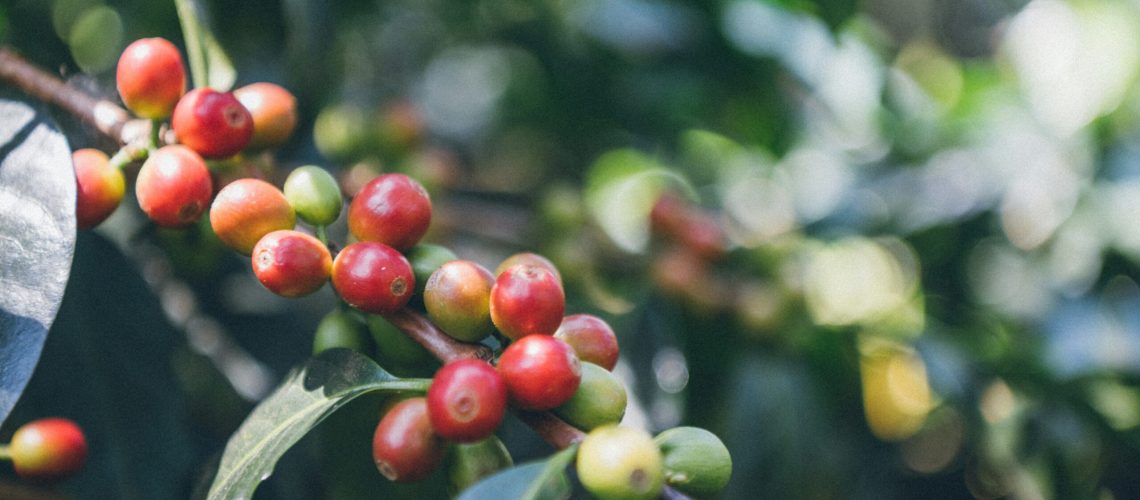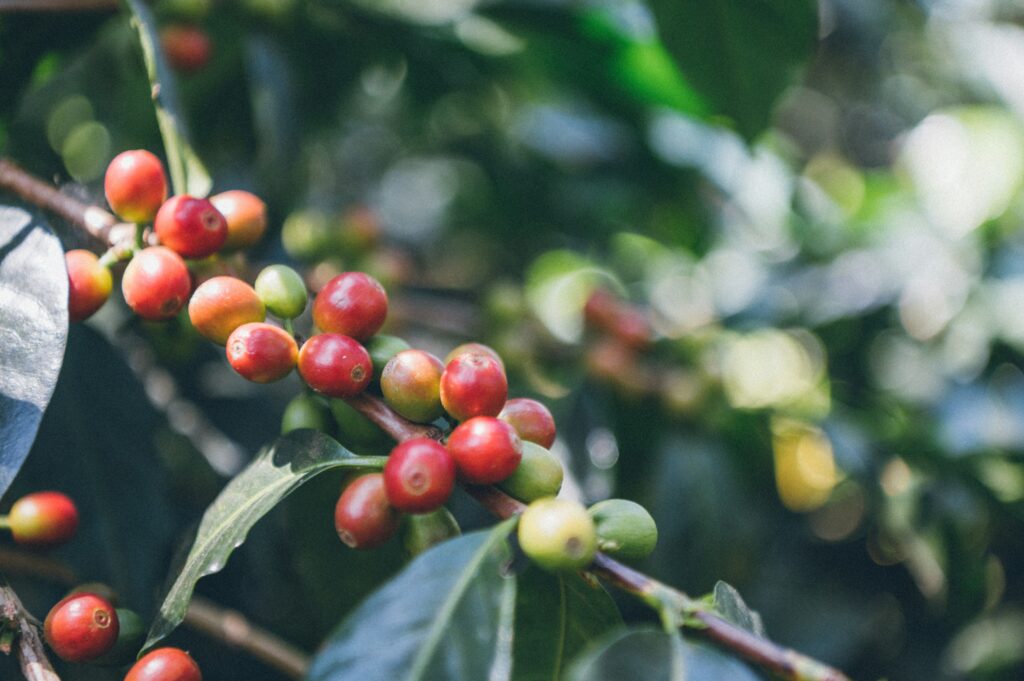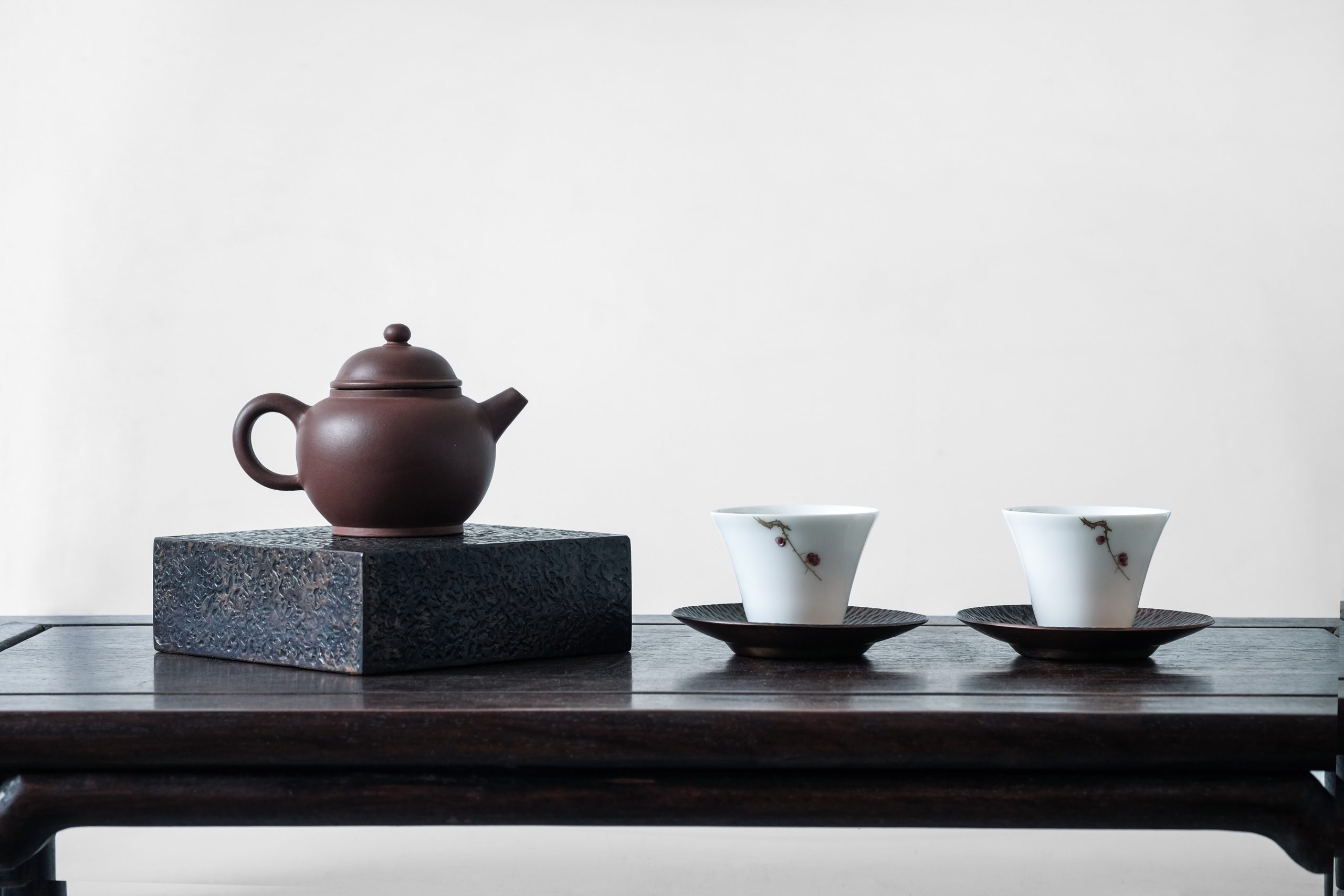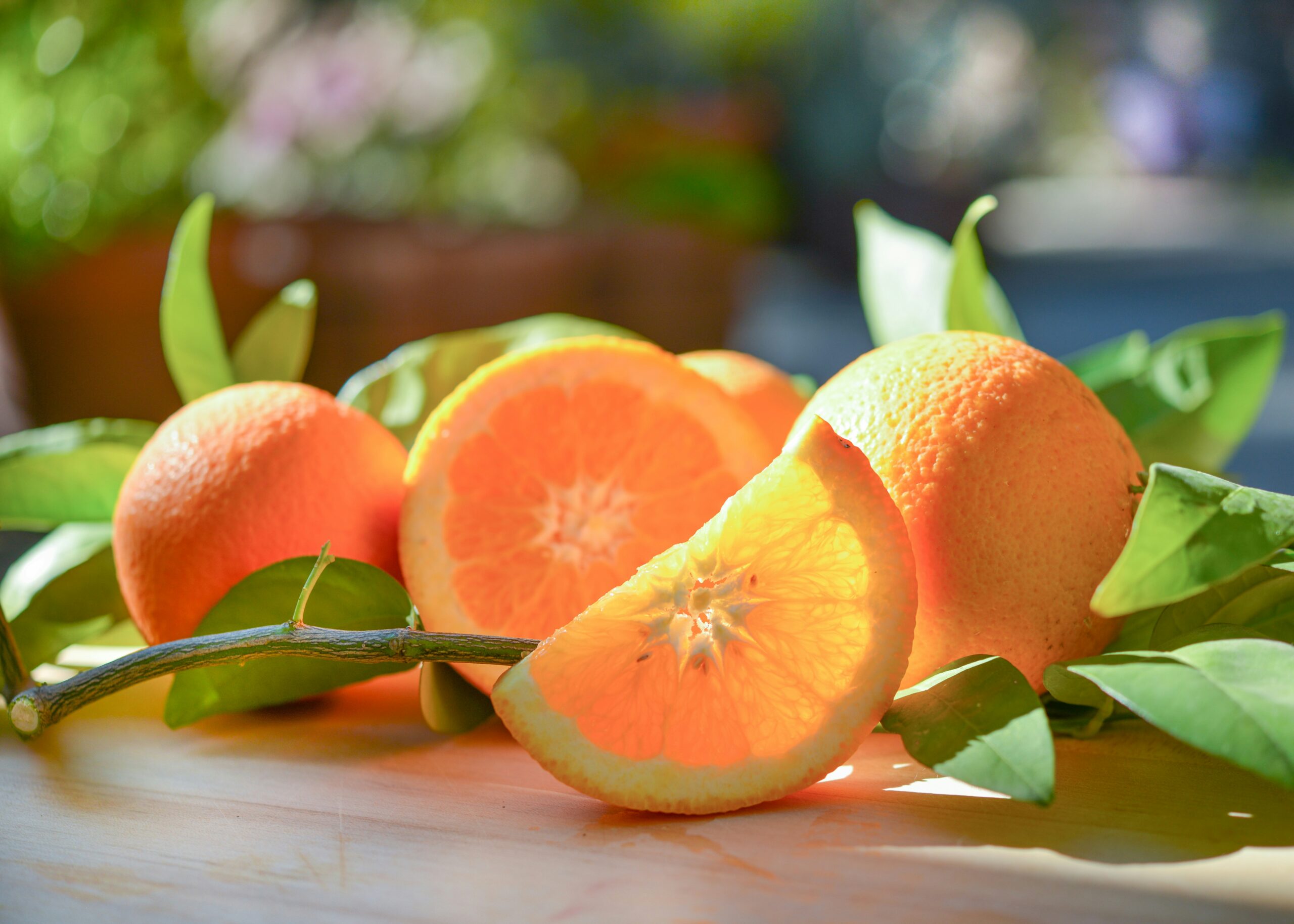Blogs » Μη κατηγοριοποιημένο » Ceylon: From Coffee to Tea Cultivation Due to Coffee Rust Outbreak
Ceylon: From Coffee to Tea Cultivation Due to Coffee Rust Outbreak

How many people associate Ceylon with coffee? Probably only a few, while most people likely think of tea. Today, Ceylon is world-renowned as a tea-producing region, but its history began with coffee plantations.

Ceylon and Coffee: An Unknown History
How many people associate Ceylon with coffee? Probably only a few, while most people likely think of tea. Today, Ceylon is world-renowned as a tea-producing region, but its history began with coffee plantations.
In the mid-19th century, Ceylon (now Sri Lanka) was thriving as a major coffee-producing area. Thanks to Ceylon’s rich soil and suitable climate, coffee became the main industry, and many plantations flourished.
The Spread of Coffee Rust: A Crisis for the Coffee Industry
However, this prosperity did not last long. In the late 1860s, Ceylon’s coffee plantations were devastated by a disease known as “coffee rust.” Coffee rust causes spots on the leaves, eventually killing the entire tree. This disease had a catastrophic impact on Ceylon’s coffee industry, leading to the decline of many plantations and causing significant economic damage.
The Shift to Tea: The Contribution of Scottish James Taylor
In the face of this crisis, plantation owners began looking for a new crop, turning their attention to tea. It was Scottish James Taylor who successfully introduced tea cultivation to Ceylon, leading the transition from coffee to tea. Taylor brought Assam tea plants to Ceylon and began cultivating them. His efforts were highly successful, and Ceylon once again gained prominence, this time as a tea-producing region.
James Taylor: Revered as the “God of Ceylon Tea”
The people of Ceylon, who were saved by the shift to tea cultivation, revered James Taylor as the “God of Ceylon Tea,” deeply respecting his contributions. Through his efforts and innovations, Ceylon was able to economically recover and became known worldwide as a leading tea-producing region.
The Hidden History of Beverages: The Common Ground Between Wine and Tea
In the world of wine, there was also a time when producers faced a devastating threat: the phylloxera pest. The phylloxera outbreak was first observed in France in the early 1860s, around the same time that coffee and wine were both suffering from serious threats. The wine industry overcame this crisis by grafting resistant vines to fight the pest.
For those who love both wine and coffee, it’s somewhat frightening to think that these beloved beverages were simultaneously facing existential threats in the past. Knowing this history makes us realize that the beverages we enjoy today are not only products but also living entities. As I wrote this article, I, too, found myself feeling grateful for the reality that we can enjoy these beverages so easily.
Recommended Articles
Latest Articles

About the Author / teplo

teplo is a tea brand with the mission of bringing delicious tea to the world.
We provide comprehensive support for the operation of tea media, the purchase and sale of tea leaves, the development and sale of tea brewing machines, and the development of tea menus and recipes for restaurants.
Sign up for teplo’s e-newsletter
Want to receive seasonal information and tidbits about tea without missing a beat? If so, please register your e-mail address using the registration form below.
We will send you the latest information from teplo by e-mail newsletter.
(*1) Please be sure to read and agree to our Privacy Policy before registering.
(*2) Please make sure that you can receive emails from info@load-road.comおよびhello.japan@load-road.com.



